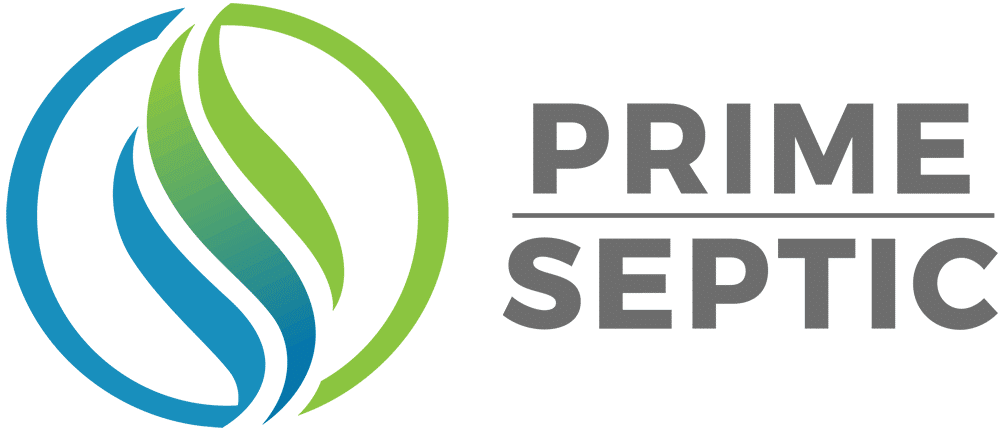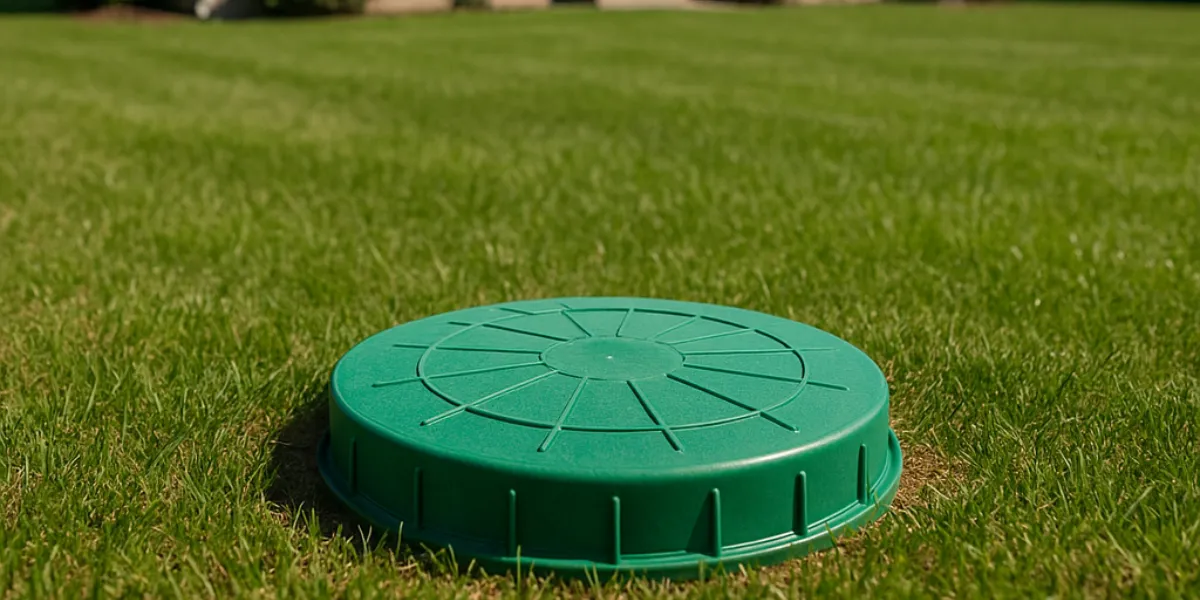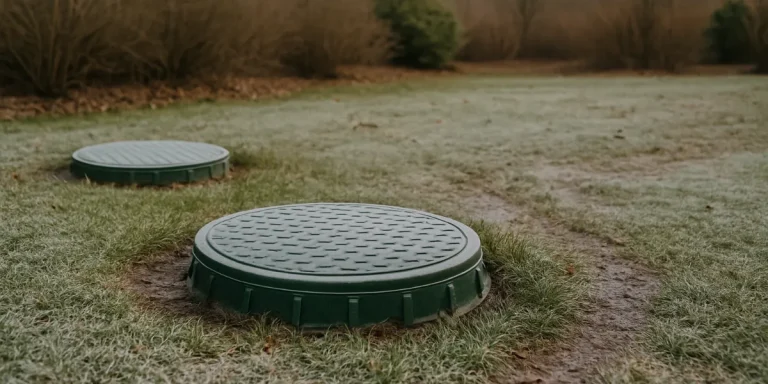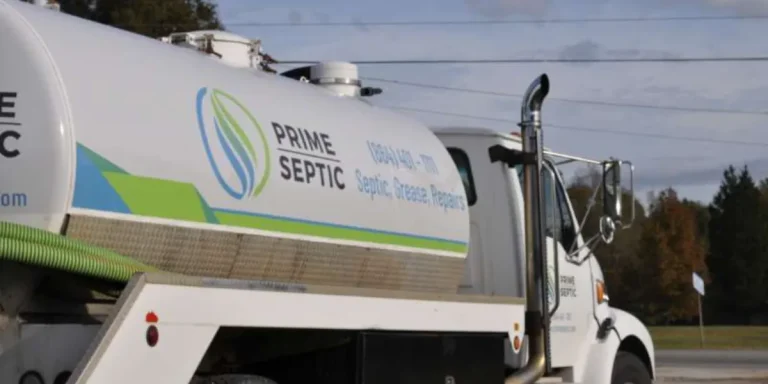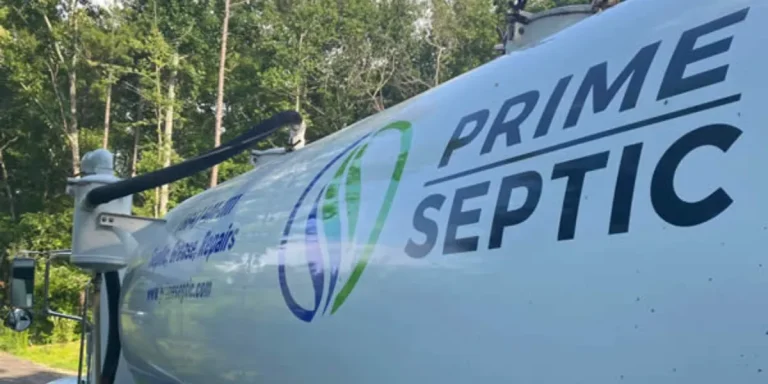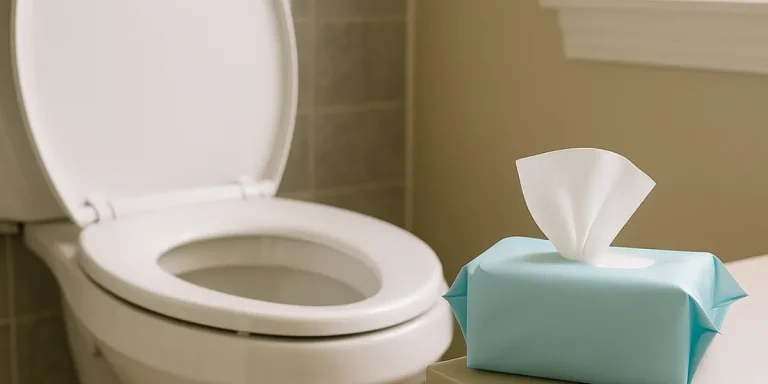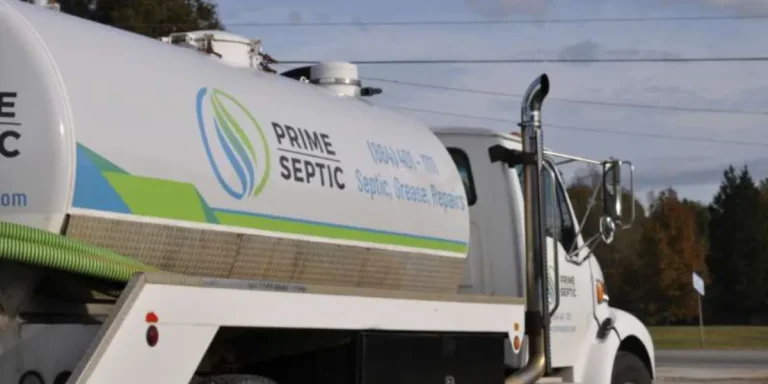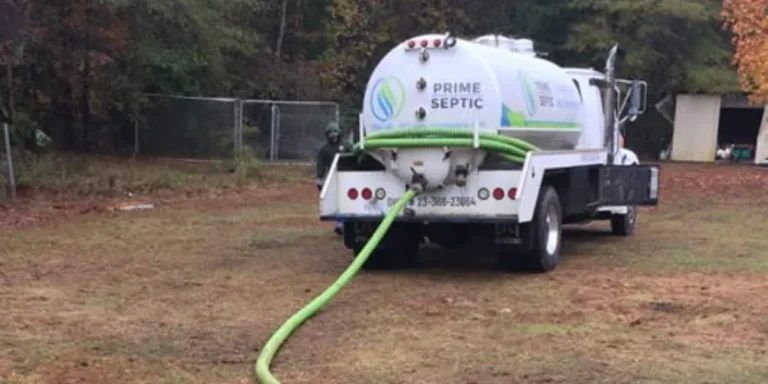Do Septic Additives Actually Work?
Walk down any home improvement aisle or scroll through online septic advice, and you’ll quickly find products promising to "boost" your septic system or reduce pumping needs. But do septic additives actually work? And more importantly — are they necessary?
At Prime Septic, we’ve serviced hundreds of systems across Belton, Anderson, and Greenville County. We’ve seen firsthand what works, what’s hype, and what can actually harm your septic system over time.
What Are Septic Additives?
Septic additives are products marketed to improve the performance of your septic tank. They generally fall into two categories:
-
- Biological additives – These include bacteria, enzymes, or yeast that claim to break down waste more efficiently.
- Chemical additives – These use acids, solvents, or other synthetic chemicals to dissolve solids or unclog systems.
Both types are widely advertised as a way to reduce odor, prevent backups, or avoid pumping. However, the reality is more complex — and often not as beneficial as the labels suggest.
Do Septic Additives Really Help?
This is one of the most common questions we hear from homeowners. With so many products on the market claiming to “boost” your septic system or reduce how often you need to pump it, it’s easy to wonder if they’re worth the money.
The short answer: In most cases, no — and sometimes they can actually make things worse.
Most septic systems in South Carolina — especially those maintained with regular pumping and inspections — are self-sufficient. A properly functioning septic tank already contains all the bacteria it needs to break down waste naturally and efficiently. Introducing additives often offers little value, and in some cases, it can disrupt the delicate balance your system depends on.
Why Biological Additives Are Usually Unnecessary
Biological additives include bacteria, enzymes, or yeast meant to enhance the natural decomposition of solids in your tank. The idea is to accelerate the breakdown process and reduce the amount of solid waste.
Here’s why that’s often unnecessary:
-
- Your system already has live bacteria. Every time you flush or use the sink, new bacteria are introduced into your tank. This keeps the natural digestion process going without intervention.
- There’s no proven benefit. Independent studies have shown that biological additives don’t significantly improve tank performance when compared to systems maintained with regular pumping.
- You still need to pump. No additive — biological or otherwise — will remove solids or sludge from your tank. Pumping is still required to physically remove the buildup at the bottom.
So, while most biological additives won’t hurt your system, they’re often marketed with exaggerated claims and rarely deliver measurable benefits if your system is already functioning properly.
The Hidden Risks of Chemical Additives
Chemical additives are more aggressive. They typically include acids, solvents, or other synthetic compounds intended to dissolve grease or waste buildup. While they may seem like a fast fix, they can create serious long-term issues.
Why chemical additives can be harmful:
-
- They kill good bacteria. The same compounds that dissolve sludge can destroy the beneficial bacteria that your tank needs to operate effectively.
- They upset the system’s balance. When the bacterial ecosystem is disrupted, the breakdown of waste slows down — which can actually increase the amount of solids in your tank.
- They push solids into the drain field. Some additives break down solids prematurely, allowing them to flow into the drain field. This can clog the soil and reduce absorption capacity, eventually causing total drain field failure.
- They damage aging components. Harsh chemicals can corrode older concrete tanks, metal components, and pipes, accelerating wear and leading to costly repairs or replacement.
In the worst cases we've seen around Belton and Anderson, chemical additives have led to severe clogs in the drain field that required complete system replacement — a preventable expense that far exceeded the cost of regular maintenance.
Our Recommendation: Stick With Maintenance That Works
Rather than relying on products that may or may not help — and could cause damage — we recommend a more proven approach:
-
- Regular septic tank pumping every 3 to 5 years
- Annual or biannual inspections
- Avoiding flushing non-biodegradable or harsh chemical products
- Limiting grease, bleach, and antibacterial cleaners that can interfere with bacteria
At Prime Septic, we’ve helped many homeowners reverse damage caused by overuse of additives. Our licensed technicians will help you make informed decisions and keep your system operating at its best — no gimmicks required.
When Additives Might Be Worth Considering
While the average septic system in South Carolina doesn’t require additives, there are a few rare cases where a mild biological additive may offer temporary benefits. These situations typically involve a disruption in the natural bacterial balance or prolonged system inactivity.
1. After Antibiotic Use or Heavy Disinfectant Cleaning
If someone in your household has recently completed a course of antibiotics, or if you've used large amounts of bleach, antibacterial cleaners, or chemical drain openers, it can disrupt the bacterial ecosystem inside your septic tank.
Antibiotics and disinfectants don’t just kill harmful bacteria — they also wipe out the beneficial microbes your system relies on to break down waste.
In these cases, a one-time application of a biological septic additive may help reintroduce beneficial bacteria and speed up recovery. However, it's critical to:
-
-
- Use only natural, non-chemical formulas
- Avoid continued overuse of harsh chemicals
- Consult a professional to determine if it's truly needed
-
Prime Septic can evaluate whether an additive would be beneficial after a cleaning product mishap or illness-related disruption.
2. Brand-New or Startup Septic Systems
Newly installed septic systems sometimes benefit from an initial bacterial “jumpstart.” Because the tank hasn’t been used yet, the microbial community needed to break down waste hasn’t developed.
In these situations:
-
-
- A one-time dose of bacteria or enzyme-based additive may help establish the ecosystem
- Normal household use will naturally maintain it going forward
- Continued use beyond the startup phase is rarely necessary
-
Prime Septic can advise new homeowners or builders on proper startup protocols, including if and when additives are appropriate.
3. Seasonal or Infrequently Used Properties
Homes that sit empty for long stretches — like vacation cabins or snowbird properties — often have stagnant systems when reopened. Tanks that haven’t seen wastewater in months can develop odor, crusting, or sluggish bacterial activity.
A biological additive might help:
-
-
- Reintroduce microbes after a long period of inactivity
- Break up floating solids that hardened over time
- Reduce odor and improve early performance
-
Again, moderation is key. Additives should not replace a pre-season inspection or pumping — which we recommend for any property that’s been idle.
Use Additives with Professional Guidance
Even in the rare cases where an additive might help, it’s never a substitute for proper maintenance. Overusing even “safe” biological products can upset the balance or mask symptoms of a deeper issue.
Prime Septic offers honest recommendations and system inspections to help you decide:
-
- Whether an additive is appropriate
- What kind of additive (if any) to use
- How to schedule follow-up pumping or service
We’ve seen too many septic problems start with good intentions and bad advice from the back of a product label. When in doubt, reach out — we’re here to help you make the right call for your system.
What Actually Keeps Your Septic System Healthy?
Instead of relying on additives, here’s what truly extends the life of your system:
-
- Regular septic tank pumping every 3–5 years
- Water conservation to avoid overloading the system
- Avoiding harsh chemicals and antibacterial cleaners
- Keeping non-biodegradable items out of the system
- Scheduling inspections to catch issues early
At Prime Septic, we offer septic pumping, system inspections, and drain field evaluations for homeowners throughout Belton and surrounding areas. We help you maintain your system the right way — without gimmicks or guesswork.
A Real-World Example from a Belton Customer
One of our customers in Belton had been using chemical additives monthly, believing it would reduce the need for pumping. Unfortunately, it did the opposite — pushing solids into the drain field and leading to a partial failure. After switching to a proper pumping schedule and removing additives, the system stabilized.
It’s a good reminder that even well-intentioned DIY fixes can backfire without expert input.
Proudly Serving Belton and Surrounding Communities
Prime Septic proudly serves homeowners and businesses across:
If you’re located nearby, don’t hesitate to reach out — we often serve clients in nearby towns throughout Anderson, Greenville, Laurens, and Pickens Counties.
Ready for Real Septic Solutions? Let’s Talk
Skip the gimmicks — trust your septic system to local experts.
If you're concerned about odors, backups, or system health, the solution isn’t in a bottle. Contact Prime Septic for honest advice and dependable service. We’ll inspect your system, explain your options, and help you avoid costly repairs down the line.
Call now or request a free estimate — we proudly serve Belton, Anderson, Greenville, and the surrounding South Carolina communities with expert septic care.
